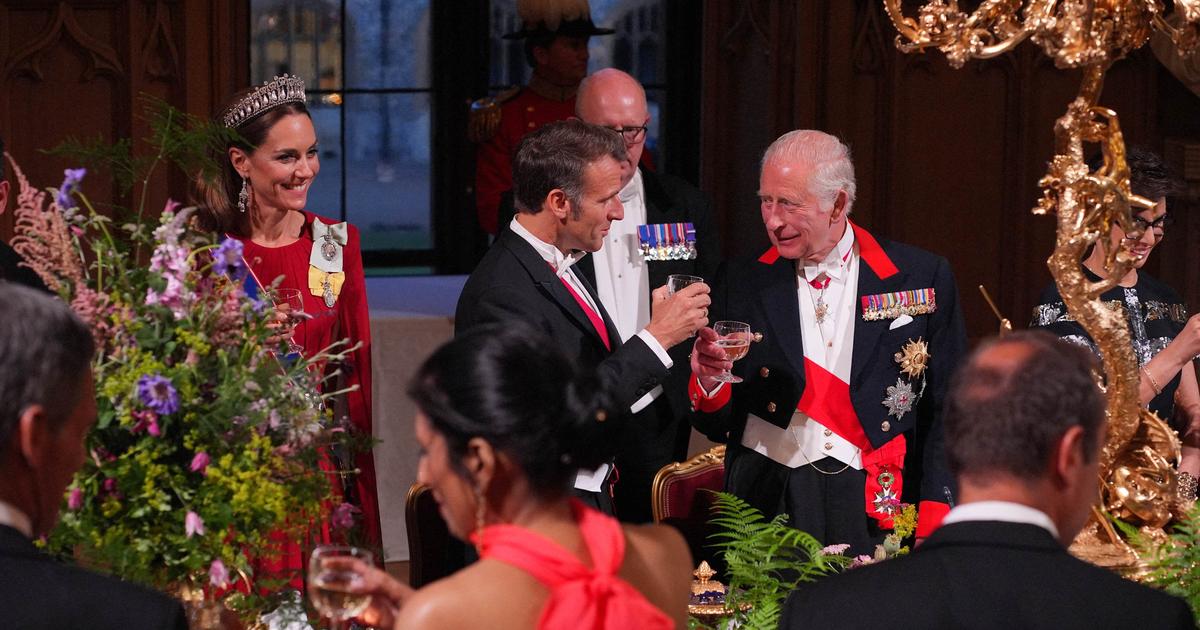Stars Under Fire: When Hollywood Icons Like Douglas Fairbanks Jr. and Joséphine Baker Landed in Corsica During WWII

A Secret Chapter of WWII: Hollywood's Unexpected Role in Corsica
The Second World War wasn't just fought on battlefields; it also played out in unexpected places, involving figures from all walks of life. One fascinating, often overlooked chapter involves the presence of several Hollywood celebrities in Corsica, France, during the Allied liberation in 1944. Douglas Fairbanks Jr., Joséphine Baker, and John Sturges – names synonymous with glamour and entertainment – found themselves entangled in a much more serious drama, contributing to the war effort in their own unique ways.
Douglas Fairbanks Jr.: Liaison Officer and Symbol of Hope
Perhaps the most prominent figure was Douglas Fairbanks Jr., the son of the legendary silent film star Douglas Fairbanks Sr. Far from the silver screen, Fairbanks Jr. served as a liaison officer between the Allied forces and the Free French forces led by General de Gaulle. His fluency in French, coupled with his celebrity status, made him an invaluable asset. He traveled extensively, boosting morale among both Allied troops and the Corsican population, becoming a symbol of hope and American support. His presence was carefully orchestrated to demonstrate the commitment of the United States to liberating France.
Joséphine Baker: A Performer, Spy, and Resistance Icon
Joséphine Baker, the celebrated American-born French entertainer, was already a legend before the war. Her vibrant performances in Paris had captivated audiences, and she had become a French citizen. During the occupation, Baker used her fame to assist the French Resistance. While she initially performed for German officers to gather intelligence, she actively participated in espionage, using her tours to transmit information to the Allies. Her arrival in Corsica in 1944 was a morale-boosting event for the islanders, a tangible sign of liberation and a reminder of the vibrant culture they were fighting to reclaim. She even flew reconnaissance missions for the French air force, proving her dedication to the cause.
John Sturges: Future Filmmaker Witnessing History
John Sturges, a future acclaimed director known for Westerns like “The Magnificent Seven,” served as a war correspondent for *Collier's* magazine. His assignment in Corsica provided him with firsthand experience of the liberation, witnessing the struggles and triumphs of the Allied forces and the local population. This experience undoubtedly shaped his later filmmaking, influencing his ability to portray complex characters and dramatic situations with authenticity and depth. While his wartime reporting wasn't widely known, it represents a crucial formative period in his career.
Corsica: A Strategic Island and a Stage for History
Corsica's strategic location in the Mediterranean made it a vital target for both the Axis and Allied forces. Its liberation was crucial for securing Allied supply lines and launching further operations in Italy. The presence of these Hollywood luminaries, while seemingly out of place, highlights the global reach of the war and the diverse roles people played in shaping its outcome. They represent a fascinating intersection of entertainment, politics, and wartime heroism, adding a unique and compelling layer to the history of the Second World War.
Beyond the Headlines: Remembering Their Contributions
The stories of Douglas Fairbanks Jr., Joséphine Baker, and John Sturges in Corsica are a testament to the extraordinary circumstances of wartime and the unexpected ways individuals can contribute to the fight for freedom. Their experiences remind us that history is often more complex and nuanced than we realize, and that even the most glamorous figures can find themselves caught up in the most serious of conflicts.





